Western Bulk Herbs – Comfrey Root
Comfrey Root is used for sprains, swellings and bruises, and as a poultice, to severe cuts, to promote suppuration of boils and abscesses, and gangrenous and ill-conditioned ulcers. It is a great pain soother for any inflamed or tender area. It has been used on most kinds of inflammatory swelling. It’s also been used to help heal bones.
Latin Name:
Symphytum officinale
Common Names:
Bruisewort, Knitback, Knitbone, Boneset, Slippery Root, Knitbone, Knitback, Bruisewort, Ass Ear, and Blackwort
Parts Used:
The root
Properties:
Oil infusion, salve, ointment, poultices and in certain cosmetics.
Traditional Uses:
Demulcent, mildly astringent and expectorant.
Topical Uses / Applications:
Used in soaked bandages for sprains and inflammations.
Culinary Uses:
Not used in cooking.
Chemical Properties:
tannin, rosmarinic acid, allantoin, steroidal saponins, mucilage, inulin, pyrrolizidine alkaloids, Gum, Carotene, Glycosides, Sugars, Beta-sitosterol, Triterpenoids, Vitamin B-12, Protein, Zinc.
Cautions:
It is recommended by the AHPA Board of Trustees that Comfrey only be used externally due to the presence of pyrrolizidine alkaloids. Do not apply to broken to abraded skin. Do not use when pregnant or nursing. Persons with a history of liver disease should avoid the use of Comfrey.
Folk Lore:
Culpepper says: ‘The great Comfrey (“great” to distinguish it from the “Middle Comfrey” – another name for the Bugle) restrains spitting of blood. The root boiled in water or wine and the decoction drank, heals inward hurts, bruises, wounds and ulcers of the lungs, and causes the phlegm that oppresses him to be casily spit forth…. A syrup made thereof is very effectual in inward hurts, and the distilled water for the same purpose also, and for outward wounds or sores in the fleshy or sinewy parts of the body, and to abate the fits of agues and to allay the sharpness of humours. A decoction of the leaves is good for those purposes, but not so effectual as the roots. The roots being outwardly applied cure fresh wounds or cuts immediately, being bruised and laid thereto; and is especially good for ruptures and broken bones, so powerful to consolidate and knit together that if they be boiled with dissevered pieces of flesh in a pot, it will join them together again.’
*Disclaimer: These statements have not been evaluated by the Food and Drug Administration. This product is not intended to diagnose, treat, cure or prevent any disease.
Resources:
PDR for Herbal Medicines, 2000. Medical Economics Company, Montvale, New Jersey.
The New Holistic Herbal. David Hoffmann, 1990. Barnes and Noble Books, New York.
A Modern Herbal, Mrs. M. Grieve, (Dover Publications, New York, 1971)
Major Herbs of Ayurvedic.Compiled by Dahur Research Foundation and Dahur Ayurvet Limited, Ghaziabad, India., 2002. Churchill Livingstone, London, England.
Chinese Herbal Medicine: Materia Medica, Third Edition, Dan Bensky and Andrew Gamble, 1986. Eastland Press, Seattle, WA.
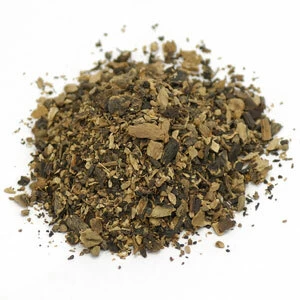
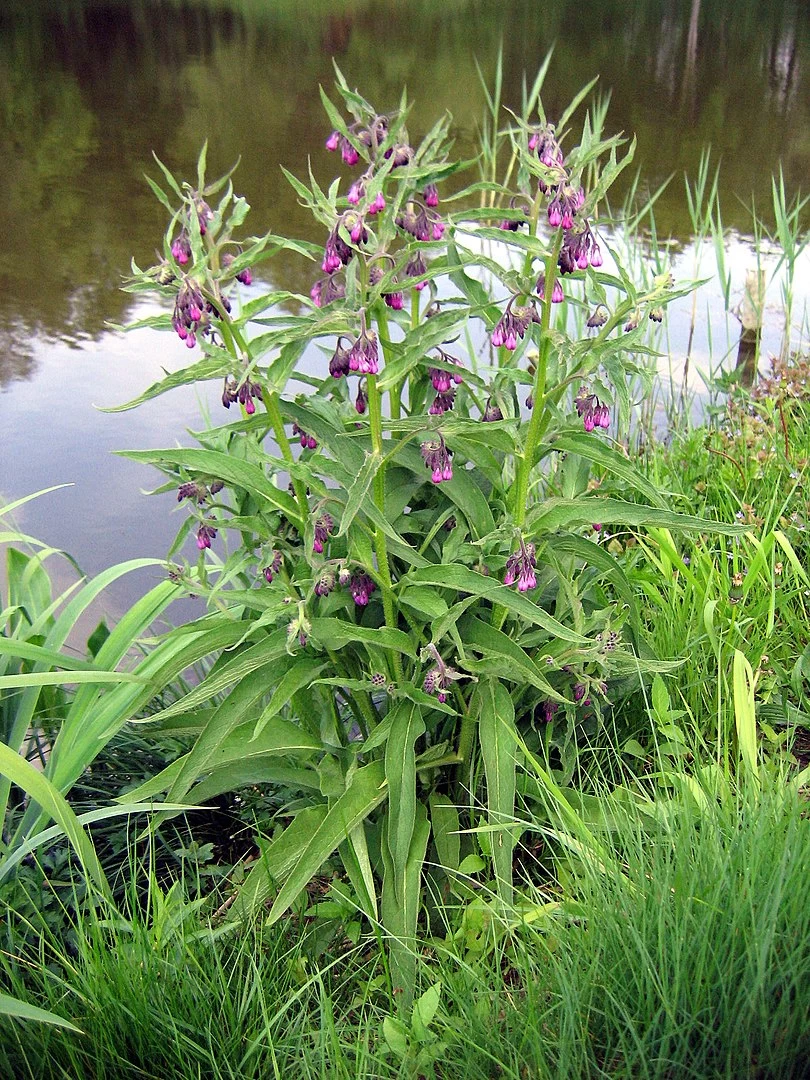
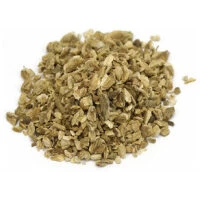
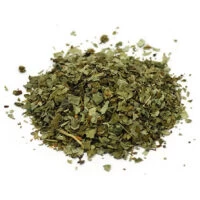
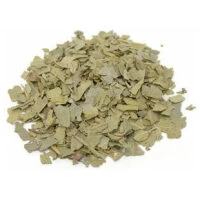
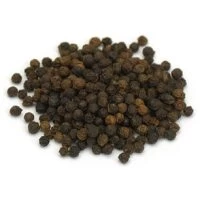
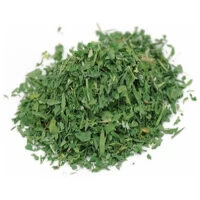
Reviews
There are no reviews yet.